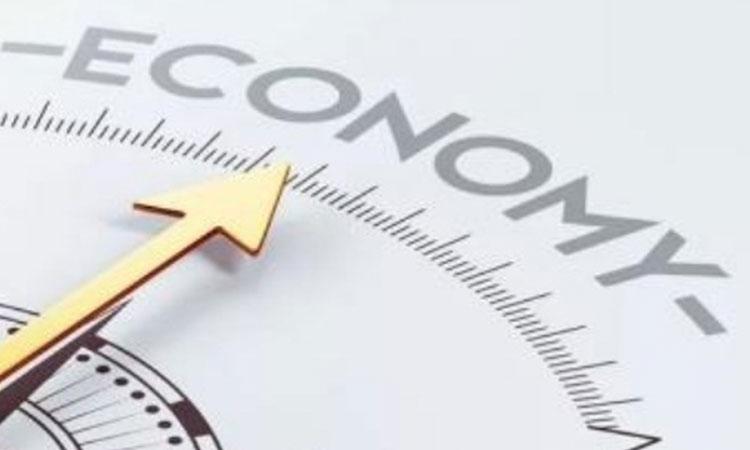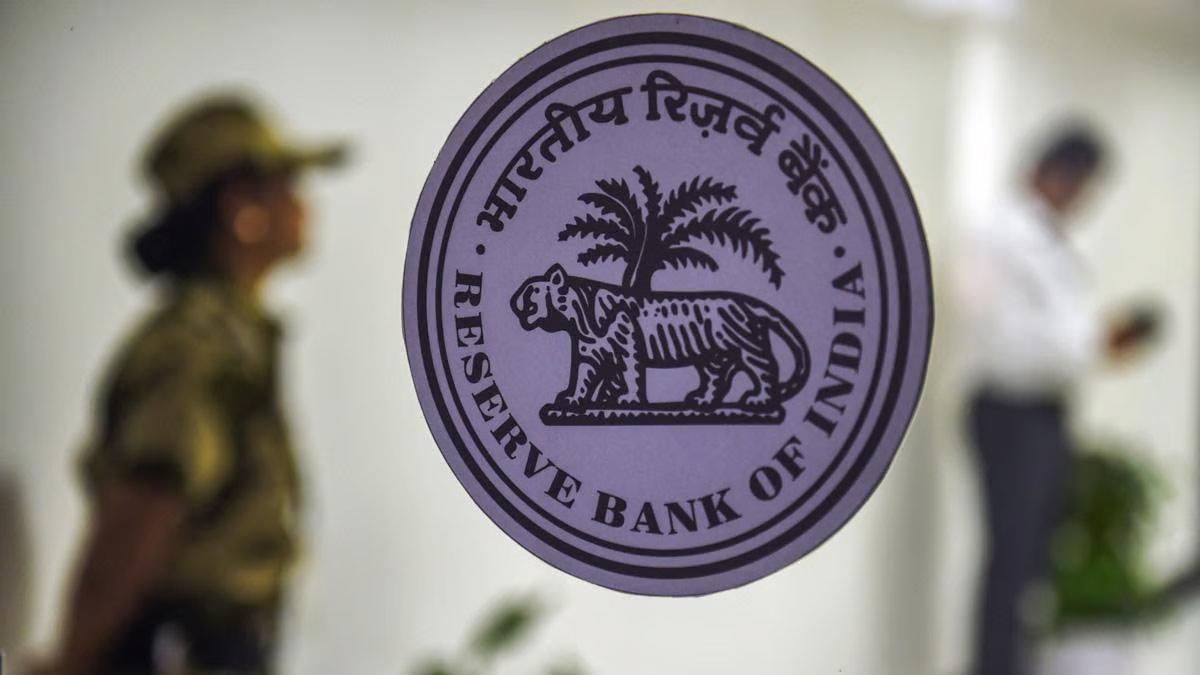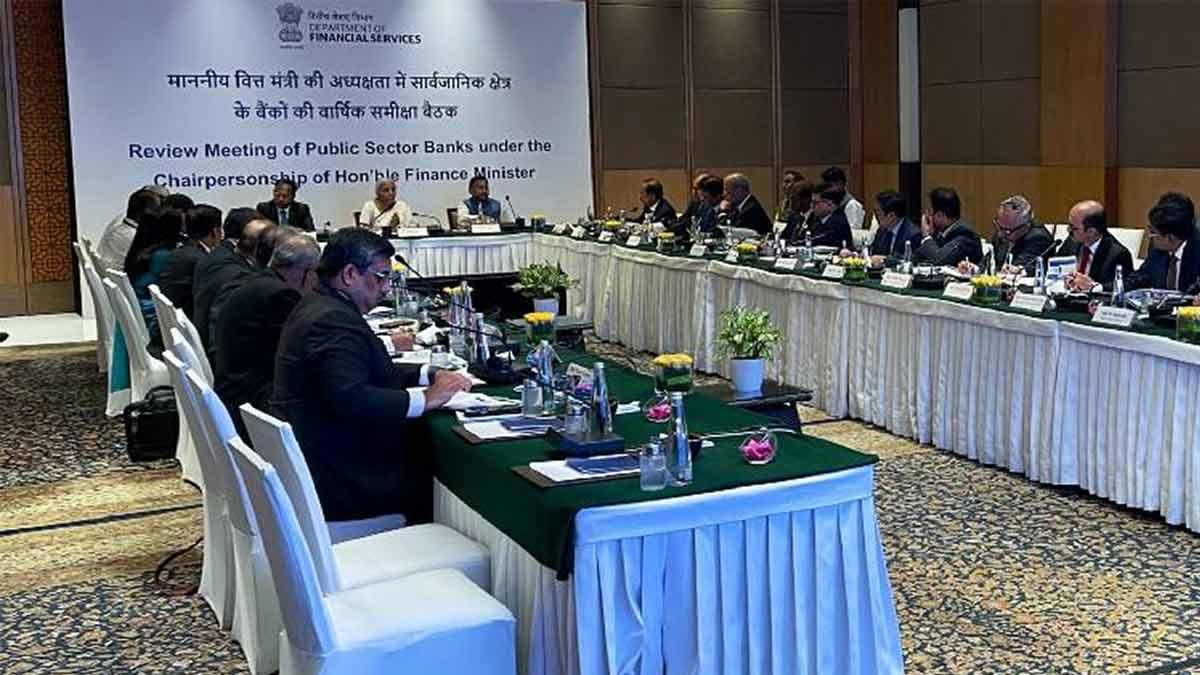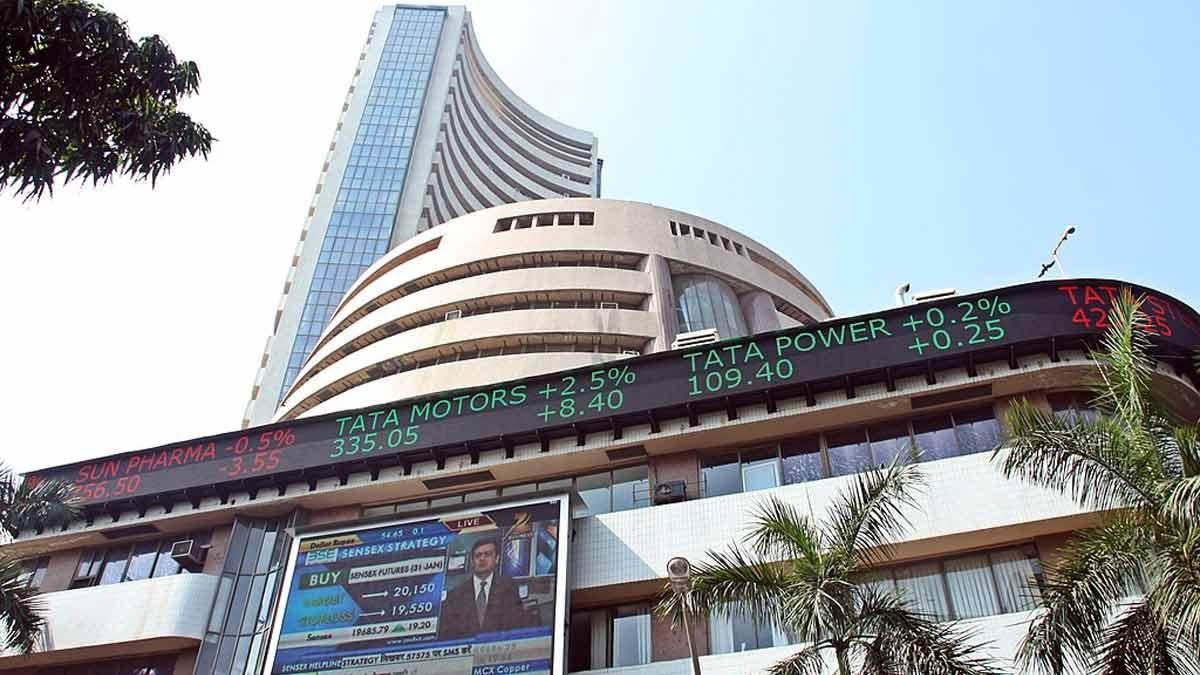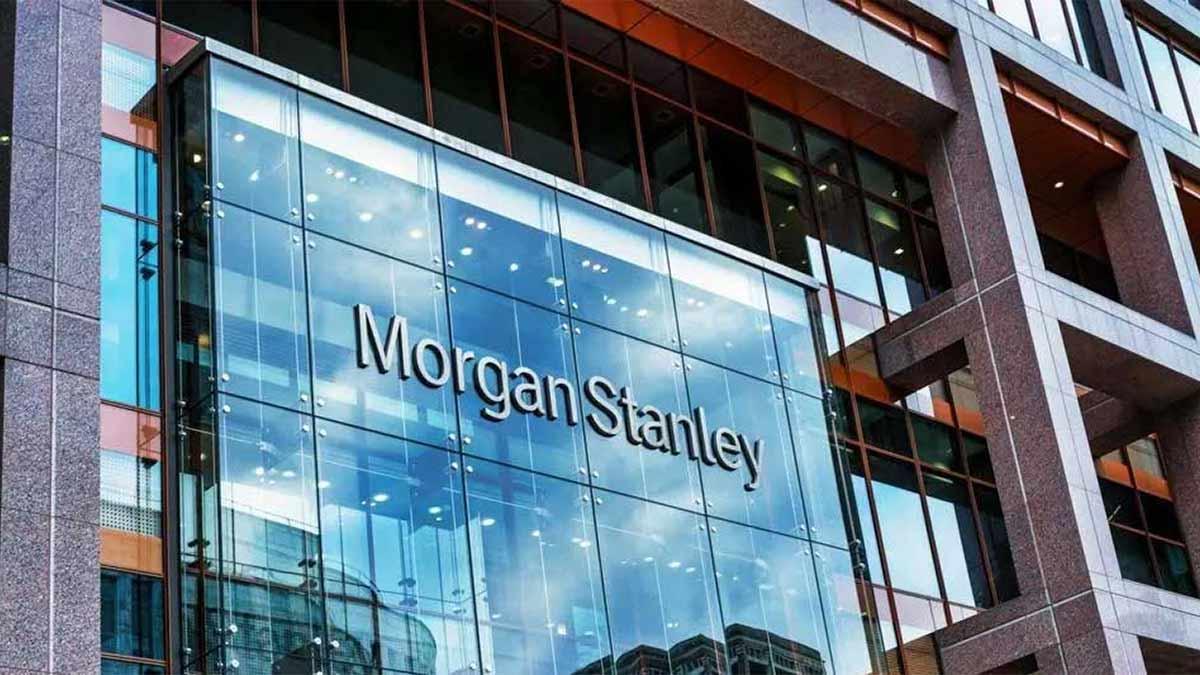India's economy grew faster during the first half of 2022-23 than other economies, driven by strong demand and investment. Inflationary pressures have been moderating since October, with retail inflation tempering to an 11-month low in November.
These are the views of the Reserve Bank of India (RBI) in its economic outlook.
However, as 2022 comes to a close, tackling inflation is going to be one of the most significant challenges of the Indian economy.
Though as can be seen from the central bank's observation, inflation seems to have tapered off to an extent in October 2022, but will continue to fox RBI in the new year too.
Till September 2022, when it had failed to bring retail inflation below its upper tolerance limit of 6 per cent, the central bank had to give an explanation to the government on it.
Also read | Robust collections to enable government roll out tax reforms, raise exemption limit
In addition to this, controlling rising fiscal deficit and current account deficit would also be one of the main objectives for the government in the new year as well as in the 2023-24 fiscal.
Yet, at the same time, the government has put up a brave front by saying that despite falling rupee, rising inflation and fluid geopolitical situation arising mainly out of Russia-Ukraine war, Indian economy has performed better than many of the global economies.
This can be gauged from what RBI Governor Shaktikanta Das said in the foreword of the 26th financial stability report, which was released on December 29.
Das wrote in the foreword that amid global challenges, the Indian economy presents a picture of resilience and the regulators are ready to take appropriate actions to preserve financial stability.
In 2023, India is well positioned to play a leading role in the world stage as part of its G20 presidency. The biggest challenge for G20 as a group is to re-ignite the efficacy of multilateralism, he said in the foreword.
Das further said that the international economic order stands challenged and financial markets are in turmoil due to monetary tightening in most parts of the world.
Food and energy supplies and prices are under strain, debt distress is staring at many emerging market and developing economies, and every economy is grappling with multiple challenges, he said.
"Amid such global shocks and challenges, the Indian economy presents a picture of resilience. Financial stability has been maintained. Domestic financial markets have remained stable and fully functional. The banking system is sound and well-capitalised," the RBI Governor noted.
Also read | Forex reserves fall to $562 billion during period ending Dec 23: RBI data
In spite of formidable global headwinds, he said India's external accounts remain well-cushioned and viable.
The RBI recognises the destabilising potential of global risks even as it draw strength from the robust macroeconomic fundamentals of the Indian economy, Das elaborated.
"The Reserve Bank and the other financial regulators remain vigilant and in readiness to ensure the stability and soundness of our financial system through appropriate interventions, whenever necessary, in the best interest of the Indian economy," he said.

